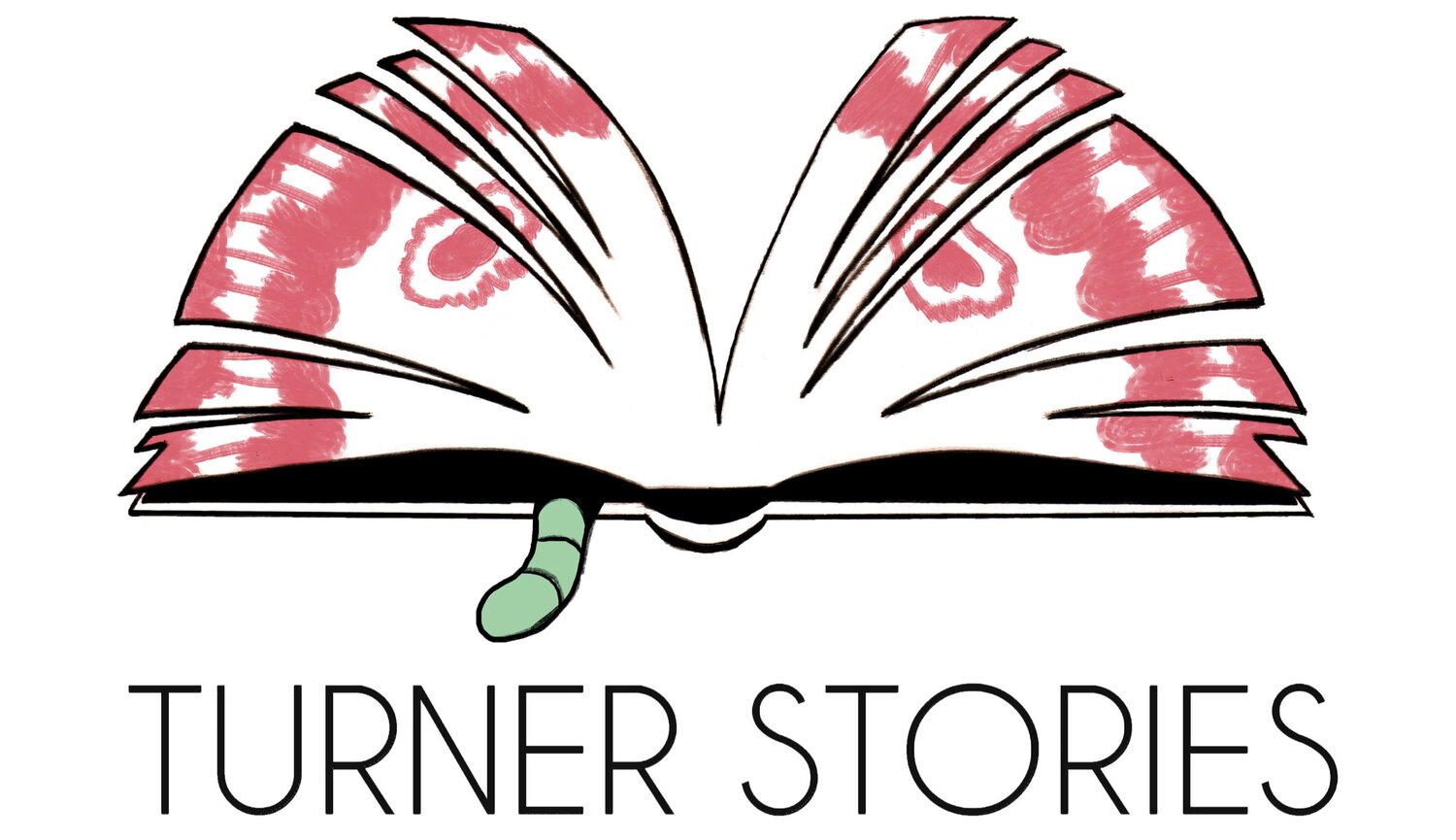Essential Lessons in Writing Addictive Stories from Dan Brown
How to use Brown’s lessons in thriller writing for any story
Photo by Josh Felise on Unsplash
Dan Brown’s thrillers are controversial, addictive, sell millions of copies, are turned into blockbuster films starring Tom Hanks, and are loved by many. He is one of the world’s most successful thriller writers.
I’ve never written a thriller before, but I have followed Brown’s Masterclass years ago (which I highly recommend). I found that the lessons for thriller writing are universal and can be applied to any type of writing.
I’ve used some of his tips in writing short stories and in the current book I’m working on. Certain essentials make a story addictive, whether it’s a thriller, a romance novel, or a biography.
Coming up with an idea
“If you’re excited about it, it will come through in your writing. The reader will notice.” – Dan Brown
Dan Brown has a thing or two to say about coming up with ideas for a story, the most important one is to write the book that you’d like to read.
Every story I wrote was about a topic I was excited about. Something I wanted to explore. An angle I wanted to investigate. A few examples: what if you could choose how to lead your afterlife, what happens if democracy looks different, why can vices like greed corrupt our minds or what’s the story behind a 120-year-old portrait my gran used to own?
The fun part is that you both get to educate yourself as well as develop a story that has the potential to touch others. Besides, if you’re excited about it, you are likely to stay motivated and avoid writer’s block.
Always be on the lookout for potential ideas. Keep a notepad with you. If you live in 2021, use a note app. Jot down your ideas. Things you encounter in conversation, in the news, while watching a documentary or movie, when you visit an exhibition or walk in the woods. What excites you?
Brown introduces a couple of key elements of coming up with a strong story idea:
What is your story about? Have a sole dramatic question. Make it simple and easy. It’s your north star while writing.
What moral question(s) will come out of that? Ideally where you can argue both sides of that equation.
Introduce to opposites that create conflict and tension. Like Brown did in Angels and Demons with religion versus science.
Do your research. Find out everything you can that’s related to your dramatic question and the setting of your story. Turn to the news, to Google, archives, documentaries, books and articles.
Then ask yourself: how will you get your main character(s) from point A to B in the most exciting way imaginable?
The essentials of thriller writing
“Suspense is all about making promises. It’s about telling your reader: I know something you don’t know, and I promise that I will tell you if you read the story.” – Dan Brown
In his Masterclass, Dan Brown talks about the three C’s that comprise a compelling story:
Contract: the promise that you make the reader, that you can’t ever break. If you read this story, you’ll get the following piece of information. This makes readers hungry to read on and ultimately fall in love with your book. It creates trust.
Clock: create time pressure. Always have a ticking clock to put pressure on the character and the story. Again, it makes people want to continue reading.
Crucible: something that holds things together. There is only one way out. And that way is miserable and filled with obstacles, intrigue, danger, and personal challenges.
The three C’s combined create stakes for your protagonist or any other character, but also for your reader. It’s the suspense they’re craving.
“Your job as a writer: give the reader what they want in a way they don’t see coming.” – Dan Brown
Make sure to watch your pacing, and don’t ask too many questions too quickly. Make sure that you surprise the reader but don’t leave them confused.
Turning your idea into a suspenseful story
All stories have the same elements. It’s set in a specific kind of world, whether it reflects ours or is completely made up. They revolve around a dramatic question. Usually, they follow a hero and their journey. A journey full of obstacles that ultimately leads to a goal (like conquering evil).
If you are set on your idea, dramatic question and have applied the three C’s to your story, you’re good to go!
Now you have to create a roadmap for your story, the skeleton of your story. Not to be confused with your plot. That comes after this.
You must find answers to the following questions according to Dan Brown:
In what world do you want to set your book?
Is there a moral grey area to be found there?
Who is your hero?
Who is your villain?
Who are your supporting characters? What do they contribute to the story? How is their skillset different that your hero’s?
How is your story structured? How does it begin?
Try to write the ending first, how will your protagonist get there?
What happens in the middle and where does it happen? Map this out.
What obstacles do your characters need to face? How does the supporting cast help?
How can you find interesting ways of reminding the reader what’s at stake?
How will you move towards your big finale in a surprising way?

